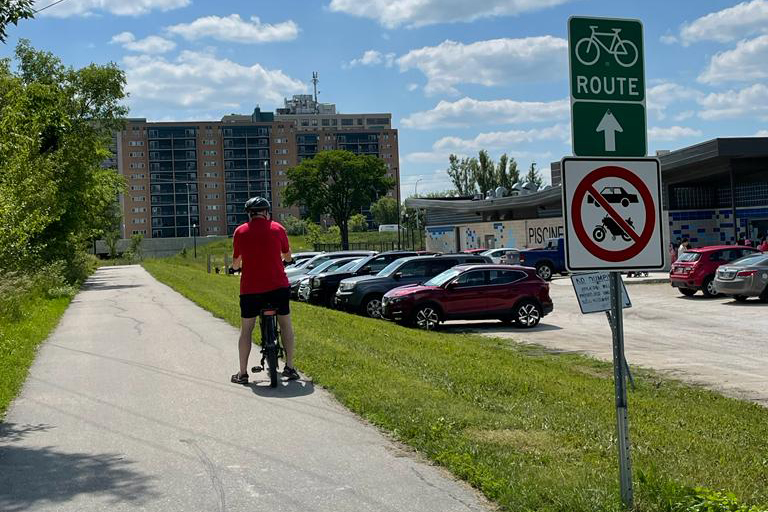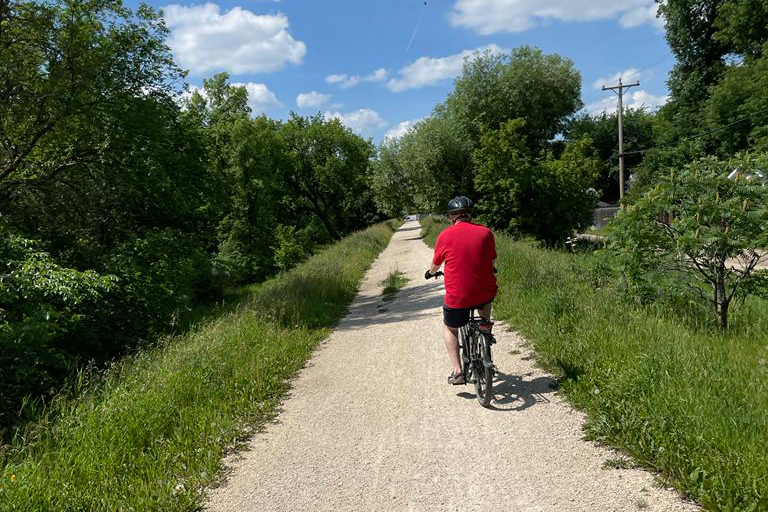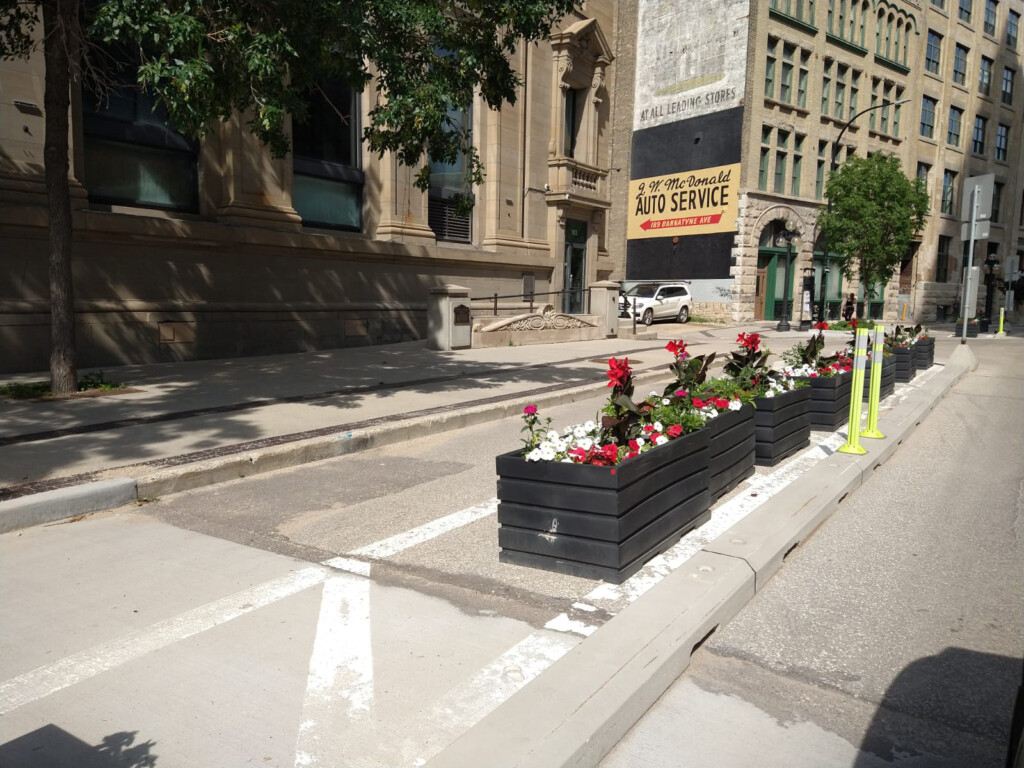Accessibility / Canada / Cycling
Electrification and Accessibility: How an e-bike has reignited my father’s freedom to move
In 2020, under lockdown conditions, I visited my parents in Winnipeg, Canada. At the time, my father was living with severely limited mobility after a fall aggravated his existing back condition, making household chores, recreation walks, or any of his normal day-to-day activities practically impossible. By pure chance, we received a call from the surgeon during that visit that an opening had become available for spinal reconstructive surgery. Nine hours, two steel rods, ten screws, a few dozen staples, and countless painkillers later, he had new vertebrae.
I’m happy to report that after two years of healing and extensive physio, my dad is on his feet again. He is by no means taking long distance hikes, but he’s moving about independently and in less pain, which is progress indeed. So much so, in fact, that he even decided to try getting back on his bike. Though able to mount a bike, his strength hadn’t quite recovered enough to keep a steady pace while pedalling.

As lockdown conditions eased and he was comfortable opening up his social life again, a friend recommended my father give his e-bike a try. Sure enough, the pedal-assist allowed him to keep pace and cycle distances he was unable to on a standard bicycle. After some hesitation – and many hours of internet research – he did it: he bought his own e-bike. Perhaps unsurprisingly, not long after, my mom, who was never all that keen on riding her bike in the city, was quickly convinced of the advantages and bought one, too. Now, my parents can regularly cycle together around their community and city.

This summer, I made the trip to my hometown to visit my family again. Aside from the visit in winter 2020, it had been four years since I had seen my extended family face-to-face, as well as being able to take a ride around town on my bike. The visit was delightful, however the best part was seeing my dad walking easier. On top of that, access to his e-bike meant that we could explore Winnipeg together, taking advantage of the steadily growing network of protected bicycle infrastructure throughout the city. If I was already convinced in theory, I am now undoubtedly convinced in practice: e-cycles are a game changer. Thanks to his e-bike, not only could my dad and I cycle, it has also allowed him to replace some of the short trips that he would otherwise do by car.

All this said, e-cycles aren’t only for those with limited mobility. Given that my parents’ suburban home is already 13-kilometres from the city centre, I also took advantage of the extra distance his e-bike allowed me to cover, cycling further and for longer periods of time than I would be comfortable doing without the electronic pedal-assist.
Though high prices make e-cycles an unaffordable luxury item for many, their potential to shift the mobility behaviours of suburbanites should be seen as an opportunity – especially in tandem with subsidies and incentives like those rolling out across Europe. Sprawling forms of (sub)urban development designed for automobility with long distances to basic amenities and single land-use zoning have made for discouraging cycling environments. Undoing the urban planning mistakes of the past is not something that will happen overnight, but in the meantime, based on what I’ve seen through my father’s experience, perhaps the e-cycle can help us get there by offering an alternative to the car for short to medium distance trips for people of all ages and abilities.
All in all, my trip back home gave me not only the opportunity to see family again, but also to gain insights into how cycling practices in North America have changed post-covid. I’m encouraged by the number of people hopping on the saddle, be that for commuting or for recreation. Especially my parents.
 ">
">Stephen Kurz
‘Though we are strongly influenced by our environment, effective urban design can help us make sustainable, healthy, and safe choices. Not because we’re more aware of our choices, but because we’re not. Good urban design makes the ‘right’ choice easy. To achieve this, I value non-traditional approaches to exploring and developing solutions to urban issues.’

